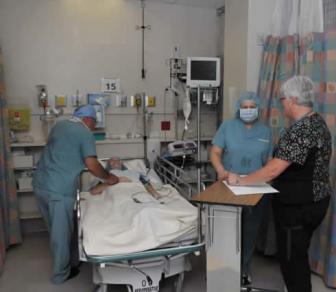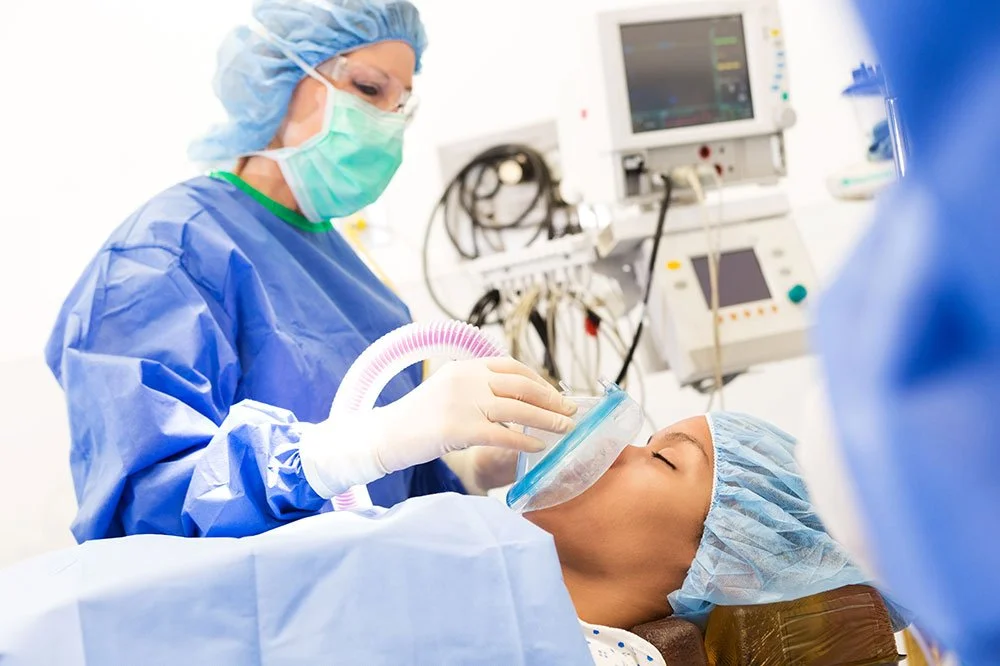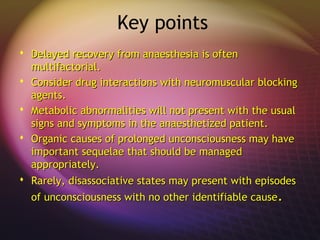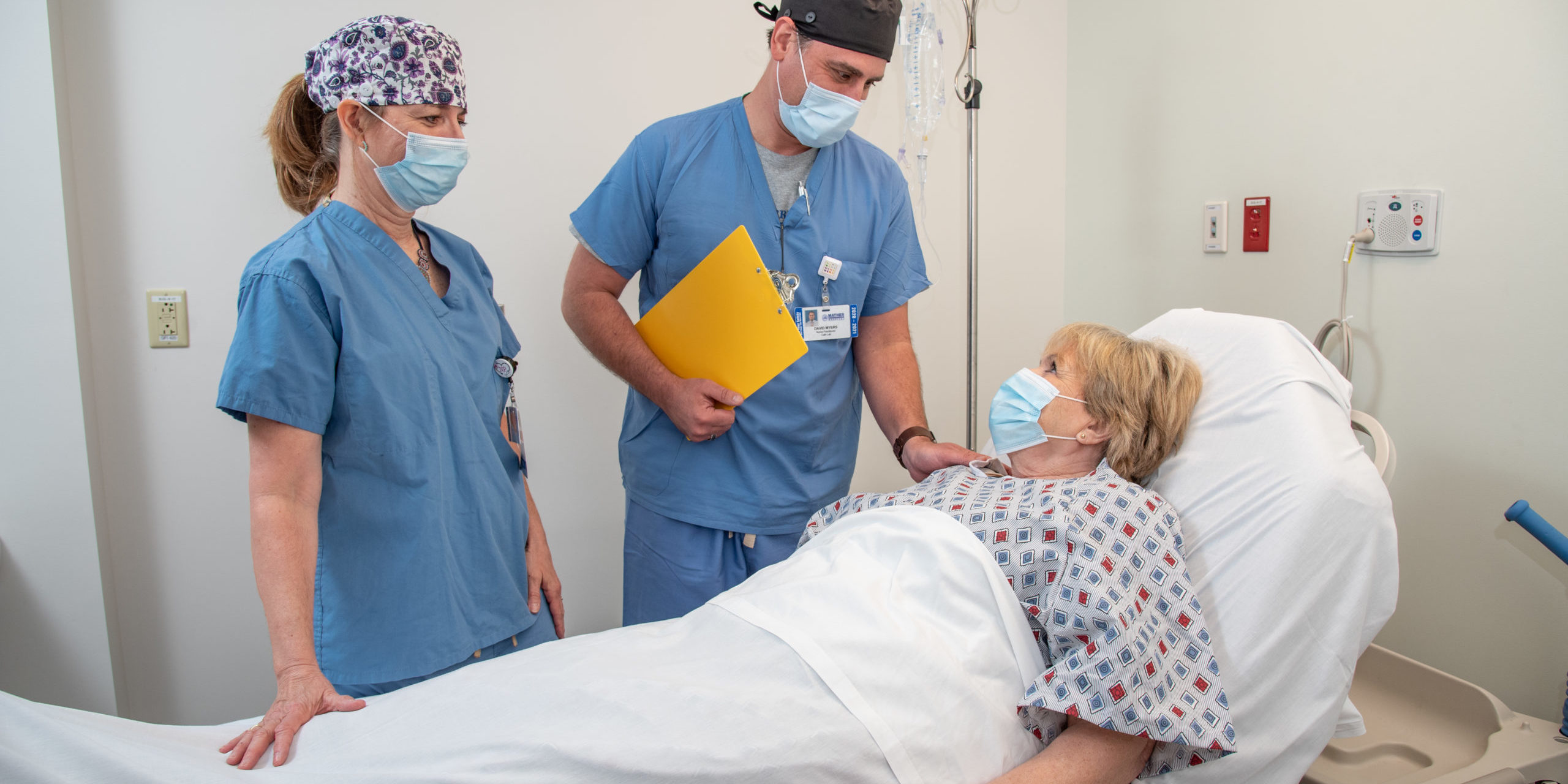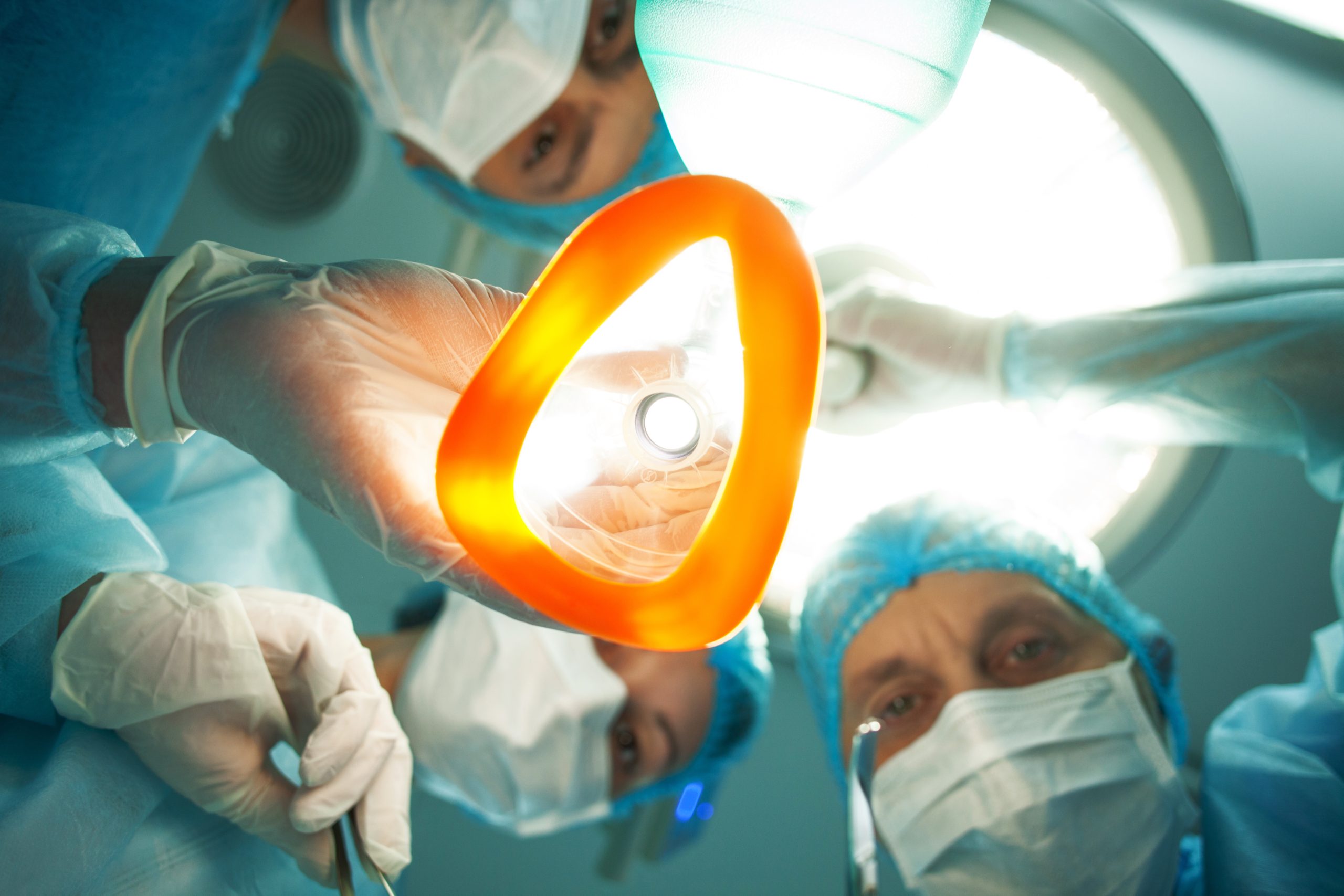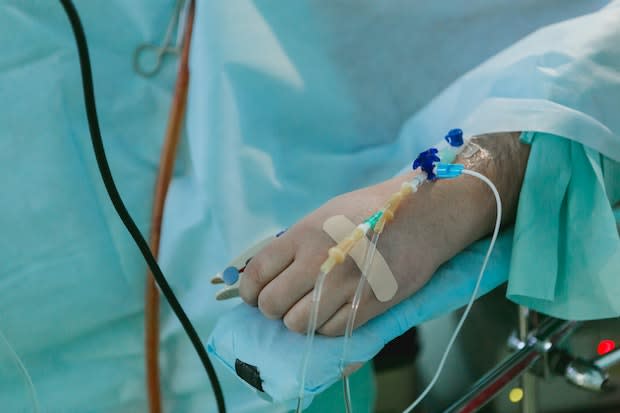Smart Tips About How To Recover From Anesthesia

Your cat should avoid hard space.
How to recover from anesthesia. Once you're asleep, the anesthesiologist may insert a tube into your mouth and down your windpipe. You’ll need more time to recover if you’ve received regional or general anesthesia or sedation. Rest for the remainder of the day.
After your surgery, you’ll go to a post anesthesia care unit (pacu) or recovery room to wake up. But staying hydrated and eating a healthy diet after surgery can help promote healing, minimize common complications, and help you get past unwanted side effects of. The tube ensures that you get enough oxygen and protects your lungs.
General anaesthetics can affect your memory, concentration and. Nurses monitor your heart rate, breathing, and other vital signs for about 30. Many veterinary procedures require your pet to be put under anesthesia so that it will not feel pain and will remain still.
For a few days, avoid physical play. Do arrange for someone to care for your small children for the day. When recovering at home, it is important to know when to notify the surgeon of any complications that arise after surgery.
Depending on your circumstances, you'll usually need to stay in hospital for a few hours to a few days after your operation. Do leave the healthcare facility accompanied by a responsible adult. Most people are awake in the recovery room immediately after an operation but remain groggy for a.
Most adults are familiar with that woozy state that occurs after undergoing anesthesia for surgery or even a screening procedure such as colonoscopy. Fox, a professor in the department of pharmacological and physiological sciences and one of. In most cases, the aftereffects of the.
The following signs and symptoms are warnings of. Have someone drive you home. How long does it take for general anesthesia to leave your body?
While they are recovering from anesthesia, you want to keep the number of stairs they climb to a minimum. Do remain quietly at home for the day and rest.
